Molly Weber is cofounder and chief experience officer at The
Urban Hive. (Photo by Nicolette Lovell, courtesy of Molly Weber)
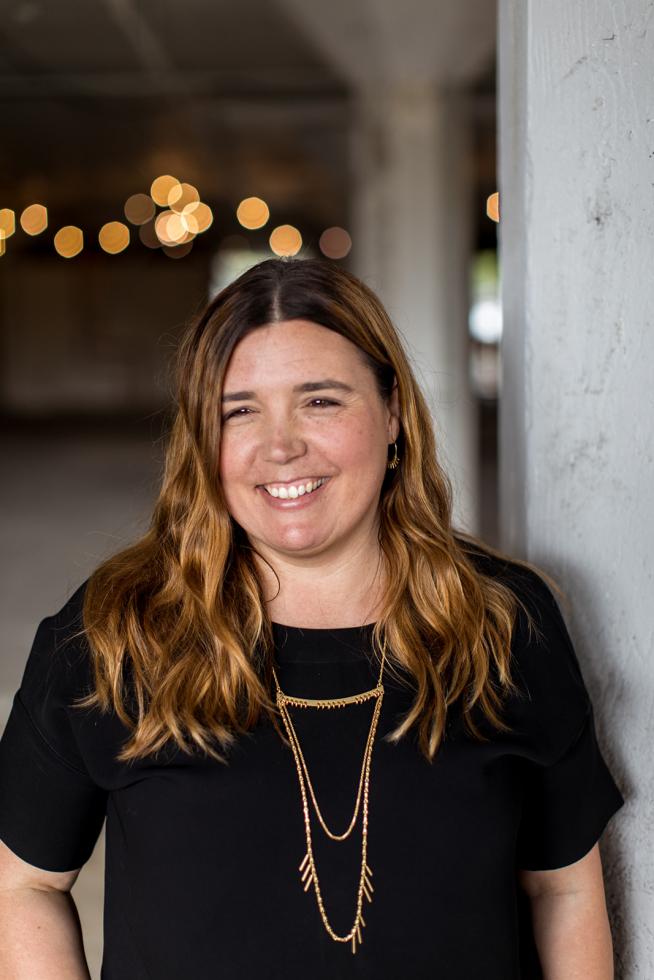
The Capital Region is home to about 60 coworking spaces, which have all been tasked with figuring out how to navigate a pandemic. Most coworking businesses shut down operations following shelter-in-place orders and took the opportunity to increase sanitation procedures and rearrange spaces to allow for physical distance before reopening.
Granite City Coworking in Folsom is offering flexible financial plans, such as freezing membership plans at no cost, allowing members to skip a payment due to hardship and including 24-hour access for all members. It has also added new amenities through its partnership with the Folsom Chamber of Commerce, such as access to informational webinars and podcasts.
Capsity in Midtown Sacramento — with a second location planned to open in the Oak Park neighborhood in August — is adapting by bringing on a licensed corporate nurse to review facilities and policies to ensure the space is safe. The company says that with so many people now working from home, the shared workspace offers an atmosphere of “getting things done and human connection.” WeWork Sacramento has also implemented cleaning measures that prioritize the health of its members and employees, according to its website.
Comstock’s spoke with Molly Weber, cofounder and chief experience officer at The Urban Hive, to find out how this coworking company — founded in 2009 in Sacramento and now with two locations in the city — is adjusting to the times.
How has Urban Hive adjusted to this new world we’re living in?
It is a crazy time for all of us. It’s hard to complain when the
whole world seems turned upside down right now. And what a change
for us! The past few years have been great for us as we nearly
doubled our business each year over year, and were in talks with
investors on new locations in San Francisco, San Jose and
Hollywood. Then, we were suddenly presented with a crisis that
could destroy all that we had built over the last 11 years.
Except for providing essential services, like mail and package
handling and access to leased office spaces — we have 50 offices
between our locations — we effectively shut down from March to
June. When we reopened in June, we put a number of safety
measures in place, including a complete redesign of our spaces
and reducing occupancy to one for every 500 square feet, ensuring
that nobody ever needs to be less than 10 feet away from their
coworkers. Thankfully, our spaces are wide open and quite
conducive to physical distancing. We have also implemented
“sanctuary spaces” that are clean, private rooms or offices that
our members can book out for the day, week or month.
Our spaces are now as much a badly needed recharge for your
mental health as they are workspaces. Even for most of our
members who continue to work from home, we have stayed connected
with our community — and them with each other — through our
500-plus member Slack channel and have built a new community app
that we expect to launch in the coming weeks.
An existential crisis can force you to remember why you are here.
That’s what it did for us. We were forced to ask ourselves, “If
we were to go away, would we be missed?” and “If so, why?” Let’s
face it: If our community was going to survive this pandemic, it
would require everything we have — time, energy, resources and
emotion. This was going to be hard.
The Urban Hive’s post-shutdown redesign ensures that members are
spaced at least 10 feet away from each other. (Photo by Chad
Davies, courtesy of Molly Weber)
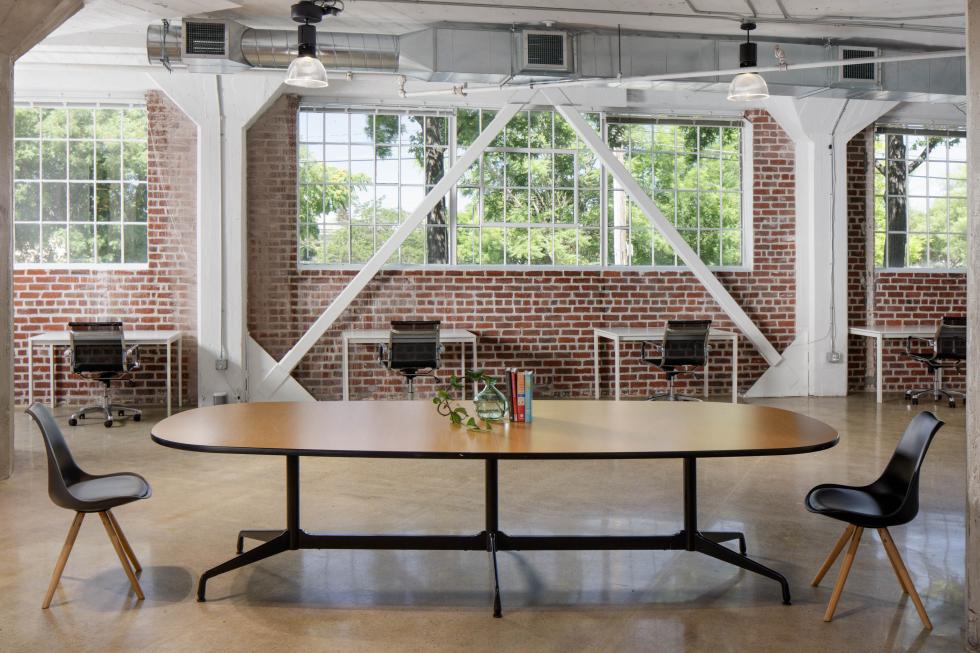
We had to be able to answer “why.” What ensued were dozens of
conversations with current and former members over the next few
weeks and the realization that what we are is more about them —
the community of members — than it ever has ever been about us,
the business.
Our membership has always included many of Sacramento’s most
remarkable and driven people, looking to grow their businesses
and themselves. The “Hive” became that place where they could
connect, get the resources they needed and help one another. And
we realized that now this need was greater than ever before, even
if it meant doing it online or behind a mask six feet away.
So what is The Urban Hive culture like now that things have shifted a bit? How is the community responding?
In many ways, the heart of the Hive continues to remain steadfast throughout the pandemic. Our members have been fiercely loyal and supportive during this time. Not just of us, but of one another. They send each other messages each day on our Slack channel. When my husband (Brandon Weber) had serious medical issues, it was our community that sent literally hundreds of messages of support. And we know that so many of our members have had similar support from one another. We are here for them and they are here for us, and we are all here for each other.
A good coworking space is so much more than a beautiful workspace. It is a community of good people doing good work, and that hasn’t changed.
People are working from home more than ever before. What trends are you noticing since the pandemic hit? Are people starting to look for away-from-home work options now that traditional office culture has changed and at-home work can be quite isolating?
What has surprised me most is how many people are already reaching out for safe, clean workspaces, and how many are planning for the future once this pandemic is finally over. Our core membership has always been people with the flexibility to work from anywhere, and we expect far more people to have that flexibility when all of this is over. When people can work from anywhere, for many, the most ideal place is not their home, with all of its accompanying distractions. And the power of serendipitous encounters cannot be overstated.
Occupancy at The Urban Hive has been reduced to one person for
every 500 square feet. (Photo by Chad Davies, courtesy of Molly
Weber)
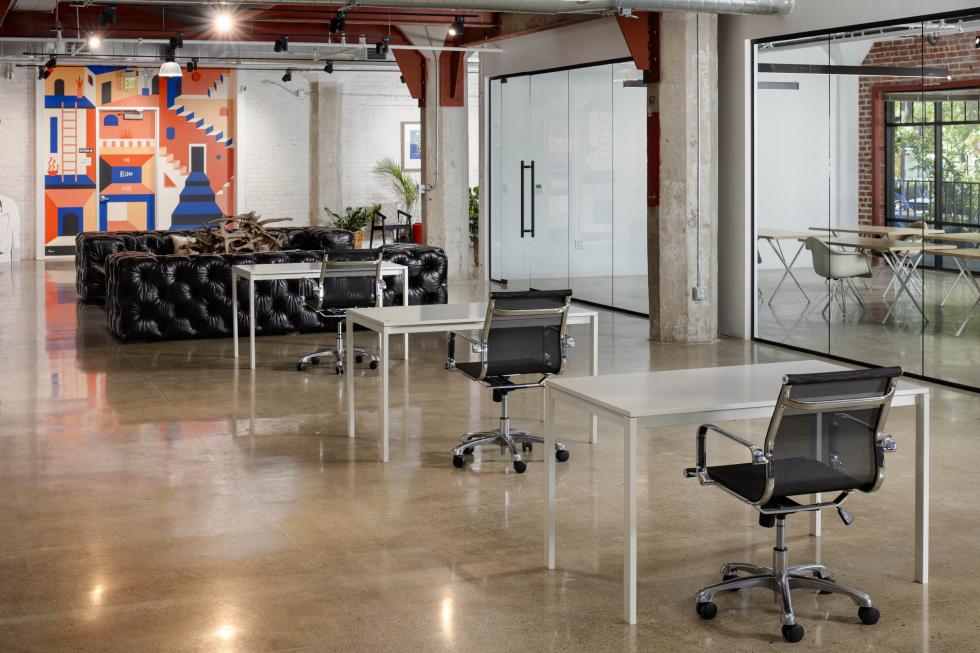
While the number of daily members in our spaces has changed from a couple hundred to a couple dozen, we are still signing up new members, especially for virtual memberships, many of whom are moving to the area, working remotely for companies in the Bay Area and beyond, and leasing flexible offices to essential businesses. In addition, we are seeing others who previously worked out of coffee shops looking for a workspace where safety guidelines and procedures are more strictly enforced.
How do you see the pandemic affecting the coworking industry?
Sadly, I think most spaces will not survive the pandemic. Even those that have a fiercely loyal membership base, like ourselves, are bound to struggle to exist past this crisis. Although we are confident about The Urban Hive’s future, we are not so arrogant to suggest that our own survival is a certainty. But those that do survive will be poised for the new normal once we get past it.
The economy was already moving in our direction. In 2019, flexible work spaces were already the fastest-growing real-estate trend, and most experts agree that the pandemic will put this into overdrive. The traditional office might not be dead, but it is on life support. Even coworking spaces like ourselves will be forced to continue to evolve to meet the changing needs of our members.
With no immediate end in sight with the pandemic, what’s next for The Urban Hive and coworking in both the short term and long term?
Quite honestly, we have had to have a lot of difficult conversations with our investors, partners, landlords and members. Without their support, we would be gone. It is quite humbling to have so little control over one’s circumstances. But we can control how we react to those circumstances.
We will continue to evolve to make sure that we are still as valuable to our members as before the pandemic and to meet their needs when it is over. Our current motto is “don’t quit.” Over the past 11 years, every challenge we have met has been lined with an opportunity to grow and become better. We don’t plan on wasting this one.
—
Stay up to date on the effects of the coronavirus on people and business in the Capital Region: Subscribe to the Comstock’s newsletter today.
Recommended For You
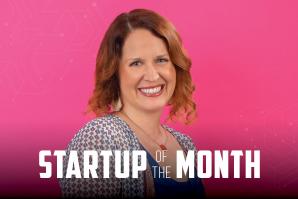
Startup of the Month: The Makers Place
A family home for work-from-home parents
As a leadership educator and coach working from home, Leslie Bosserman had a tough time being fully present with both her first child and her clients. Eight months into her second pregnancy, she came up with the idea for The Makers Place, a Sacramento-based coworking space customized for families.

Getting to Know: Leslie Bosserman
Founder of The Makers Place builds a support system for working parents
Longing for a way to be creative during the hours she felt most energized, Bosserman set out to develop a community space for working families in early 2018.

Dilemma of the Month: How You Can Help Your Workers Return
How can employers respond to employees’ concerns as they return
to the office or opt not to do so?

Dilemma of the Month: How Working Remotely Can Be Effective for Your Company
Employers are considering making the temporary measures for
people to work from home caused by the coronavirus lockdown more
formal. What are their obligations to their employees?



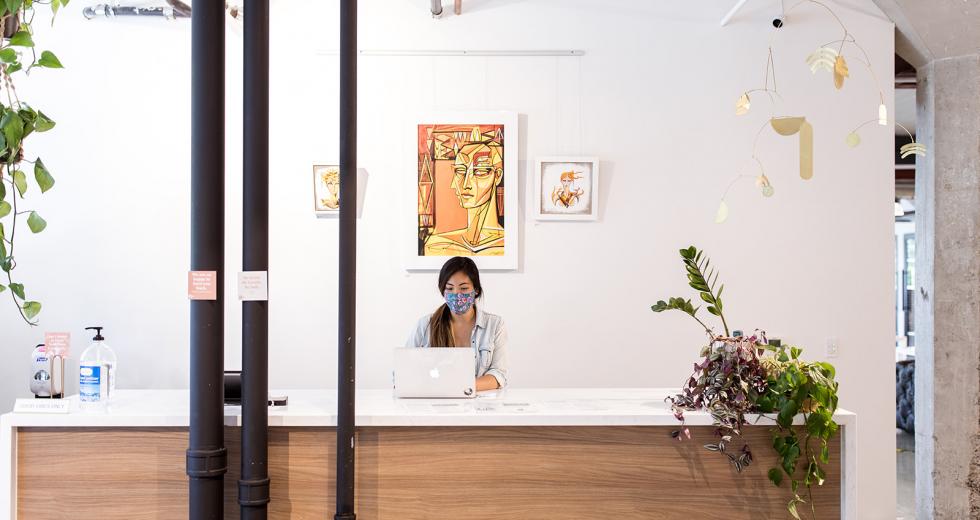
Comments
Great article and good to see you're surviving. I definitely miss having the option to work there.